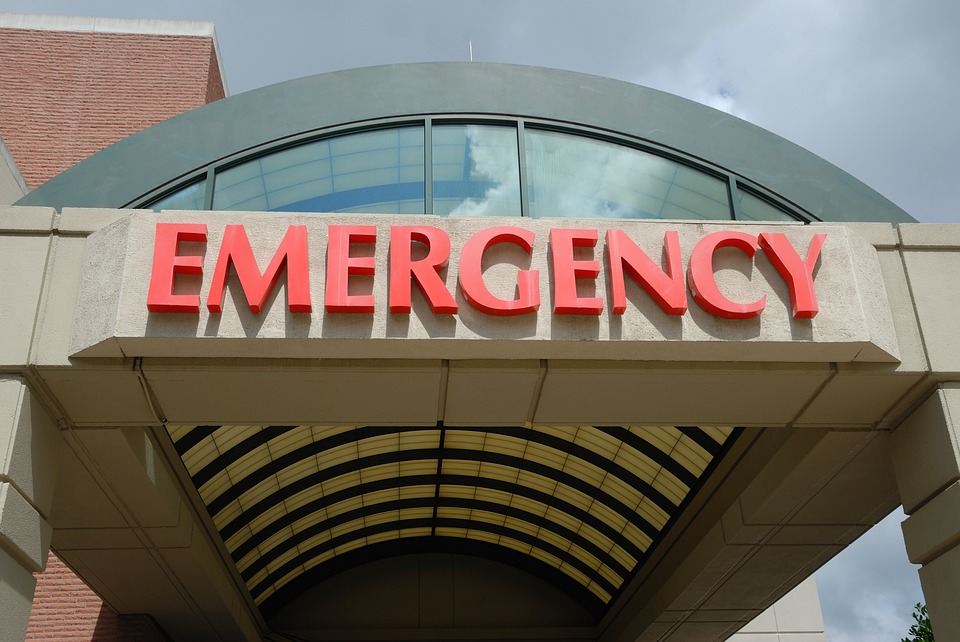 INFRA
INFRA
 INFRA
INFRA
 INFRA
INFRA
Hospitals are once again the target of ransomware attacks as a regional hospital is being held hostage by persons unknown demanding a bitcoin ransom payment.
In what is likely the first case of ransomware against a hospital in 2018, the Hancock Regional Hospital in Greenfield, Indiana, first detected the attack on Thursday before it spread throughout its computer systems, hijacking its email system, electronic health records and other internal operating systems.
“Hancock Regional Hospital has been the victim of a criminal act by an unknown party that attempted to shut down our operations via our information systems by locking our computer network and demanding payment for a digital key to unlock it,” the hospital said in a statement. “Unfortunately this sort of behavior is widespread in the world today, and we had the misfortune to be next on the list.”
A hospital spokesperson told Indystar.com that the hospital doesn’t believe patient information has been affected, adding that “there’s no understanding of any consequence other than our system is being held [hostage].”
The hospital is said to be working with the Federal Bureau of Investigation and an incident response company to work out how it became affected, saying it will not pay the ransom payment demanded.
Although it’s too early to be certain how the ransomware came to hold the hospital’s system hostage, it would highly probable that the attack vector was via a phishing campaign that involved an employee clicking on a malicious link or attachment. Attacks against government departments and large businesses are often targeted attacks. But previous cases of hospital hijackings have usually been the result of random attacks in which those behind them send out thousands of emails, sometimes millions, in an attempt to infect any victim they can.
Ransomware attacks on hospital first gained widespread attention in February 2016 when the Hollywood Presbyterian Medical Center had its systems hijacked with a demand that it pay 9,000 bitcoin to the attackers, then worth only $3.6 million but today $123 million. That case set an awful precedent for the healthcare sector as the hospital paid the ransom three days later, signaling to hackers worldwide that ransomware attacks can successfully result in large payments.
Other forms of ransomware have affected the health industry since, including the infamous WannaCry attacks of May 2017. Ransomware remains an ongoing issue for all sorts of industries with experts predicting that attacks will continue to increase in 2018, driven by the rise of ransomware-as-a-service providers.
THANK YOU